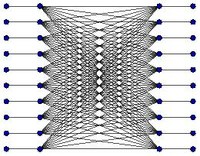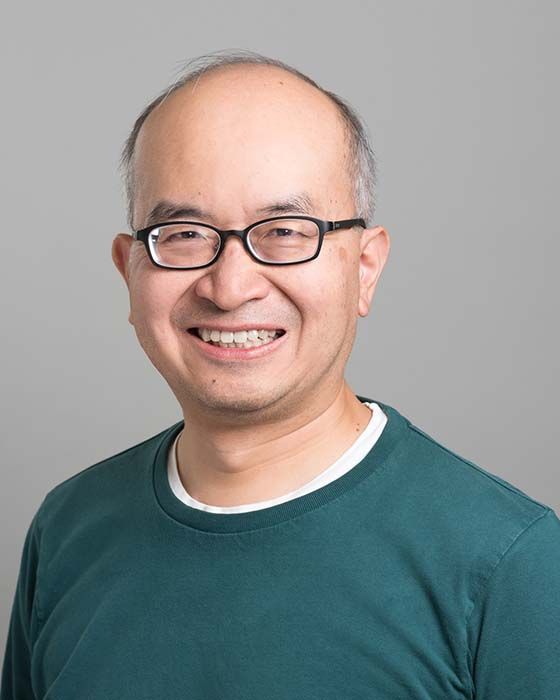SEMINAR 2024
Quantum-Safe Networks
| Speaker | Hoi-Kwong Lo, Department of Electrical and Computer Engineering (ECE), University of Toronto Quantum Bridge Technologies, Inc. (“Quantum Bridge”) |
| Date/Time | Wednesday, 11 Dec, 3PM |
| Location | Conference room: S11-02-07 |
| Host | Prof Gong Jiangbin |
Abstract
Here, I survey some key developments in quantum-safe networks. Quantum computing threatens the foundations of the security of standard public key encryption schemes such as RSA. Fortunately, quantum key distribution (QKD) offers information-theoretic security based on the laws of physics. Unfortunately, there is a big gap between the theory and practice of QKD. Measurement-device-independent QKD (MDI-QKD) completely short-circuits side channels in detectors. Nonetheless, side channels at QKD sources remain a big security challenge. As an example, I present the recently discovered hidden higher-dimensional modulation side channel, which is rather general and may undermine the security of most existing QKD systems. As a countermeasure, the idea of passive QKD is introduced. Furthermore, I will mention briefly the concepts of all photonics quantum repeaters and the DSKE (Distributed Symmetric Key Establishment) protocol being commercialized by Quantum Bridge. The prospect of making photonics graph states with quantum dots will also be discussed.


Biography
Hoi-Kwong Lo is a Professor of Electrical and Computer Engineering at the University of Toronto and a co-founder and Chief Scientific Officer (CSO) of Quantum Bridge Technologies, Inc. (“Quantum Bridge”) in Canada. He was awarded a Ph.D. in Physics from Caltech in 1994. His research interests include the theory and experiment of quantum cryptography and photonics graph states for quantum information processing. He is a Fellow of the American Physical Society, an Optica Fellow, and an IEEE Fellow. He has received various awards including the CAP-INO Medal for Outstanding Achievement in Applied Photonics (2022), the IEEE Photonics Society Quantum Electronics Award (2023), and the QCMC International Quantum Award (2024).

